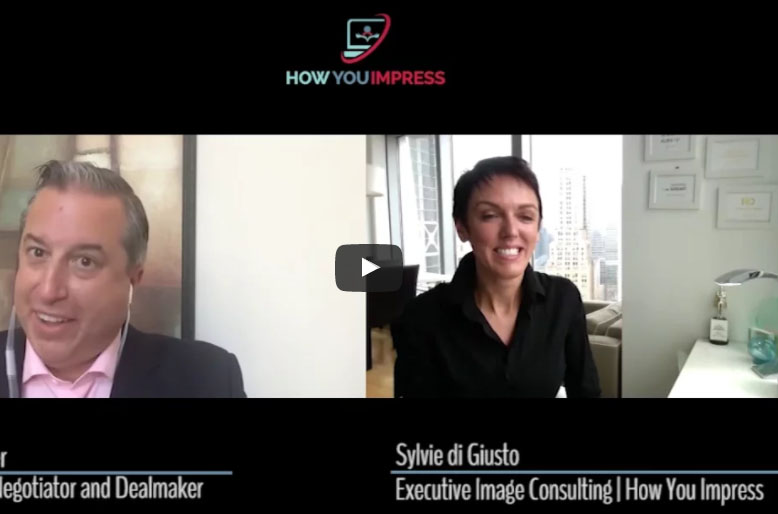We’ve learned the importance of connecting to a powerful context when we enter into a negotiation. As we move ahead on the road of great negotiating, our context is our magnetic north. It can change based on our position, but it should always point toward our objectives, helping us get the most out of our deals.
The next step to becoming a great negotiator is even more important.
Be willing to do what it takes to get to your truth.
If our context is our magnetic north—the internal positioning we need to maximize the return on our deal—our truth is our perfectly calibrated compass, it will point us to our context. That’s why I’ve phrased this step so boldly. If we don’t have the right approach, we won’t even be able to articulate a context, let alone have one in place that will inevitably fail.
If we want to build a strong foundation for our negotiations, we need to be completely self-aware and in control of what we really want – we need Clarity. Without starting from a point of Clarity, everything else will just be listless half-measures, no matter how well-crafted your strategy seems. Without Clarity, your position is compromised from the start.
At the core of Clarity lies your truth.
I’m not talking about simple facts, anecdotes or feelings. The truth required is more fundamental. It requires in-depth preparation and hard, inner work that you might not want to confront. When we fail in negotiations, it can almost always be traced back to a failure to do the depth and breadth of the inner work needed to access your truth at the foundational level.
Without a real and honest foundation, your negotiations will seem flippant. As soon as you’re met with pushback on any of your objectives, it will be easier for you to move from one objective to the next or lose track of your objectives and just try conclude the negotiating feeling like you’ve won or, at least done okay.. For an Authentic Negotiator, that is not a win. And your counterpart will perceive your actions as some sort of gambit, costing you valuable credibility. Without knowledge of your real truth as an anchor, you’re set adrift.
One thing that keeps us at a distance from our truth is fear. We’re afraid of what we might have to confront about ourselves if we dig down too deep, afraid of what memories we might root up, afraid of what we don’t know about ourselves. We need to abandon that fear before we can move forward. The opportunity to identify these difficult aspects of ourselves, and own them, should be viewed as a space for growth and development as individuals. Once we’re unafraid (or courageous enough to move forward in the face of fear), we can begin to actively pursue our truth.
It’s not something that’s made manifest. Truth needs uncovered, discovered. You will need to be deliberate in your search for truth. That means allowing yourself the time, space and energy to embark on the journey. Our schedules are so busy, I know, but if you want to be a truly great negotiator, this is exactly the kind of work we need to make time for. Taking a day off to step back and think things over, or just allocating an hour here and there for visioning sessions will prove enormously helpful in your quest for your truth.
Some of my favorite Clarity missions were escaping to my place at the lake, alone for a day or two, completely unplugged, with 100 percent of my focus on my upcoming negotiation. I understand that’s not always easy to fit in, but these sessions can be whatever you need them to be—find an hour of quiet alone time, go for a run or a bike ride, mediate or pray, do some yoga. Whatever gets you centered and helps clear your mind so that you can find your truth is essential preparation for a successful negotiation.
Being a great negotiator starts with honest and rigorous self-evaluation. The hardest part can be getting started. Take my Authentic Negotiating Success Quiz to see how close you are to becoming a great negotiator.
—
Corey Kupfer is an expert strategist, negotiator and dealmaker. He has more than 35 years of professional deal-making and negotiating experience. Corey is a successful entrepreneur, attorney, consultant, author and professional speaker who is passionate about deal-driven growth. He is also the creator and host of the DealQuest Podcast.
If you want to find out how deal-ready you are, take the Deal- Ready Assessment today!









